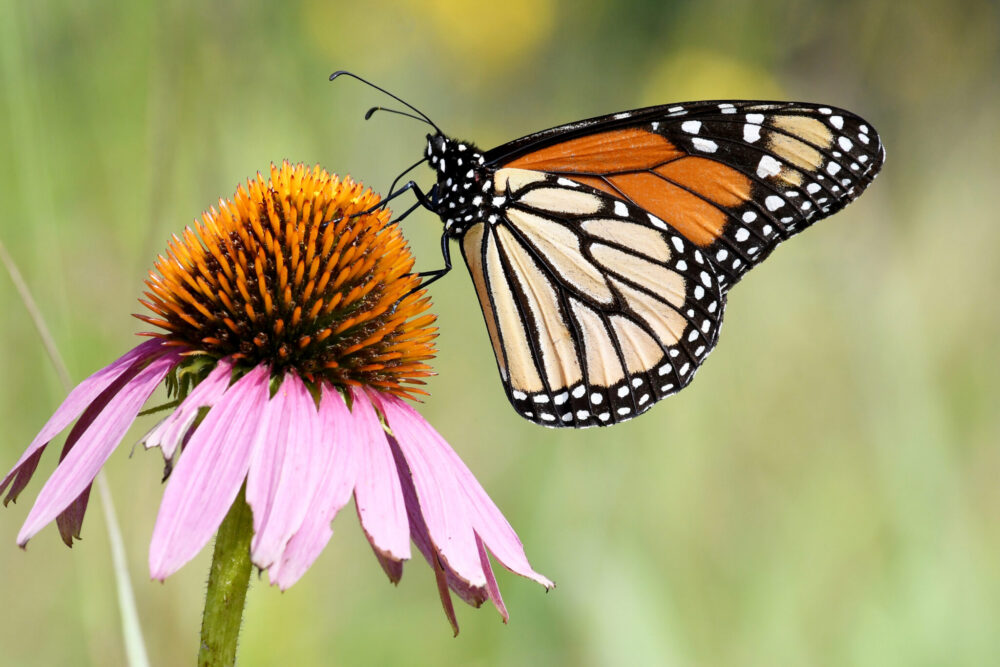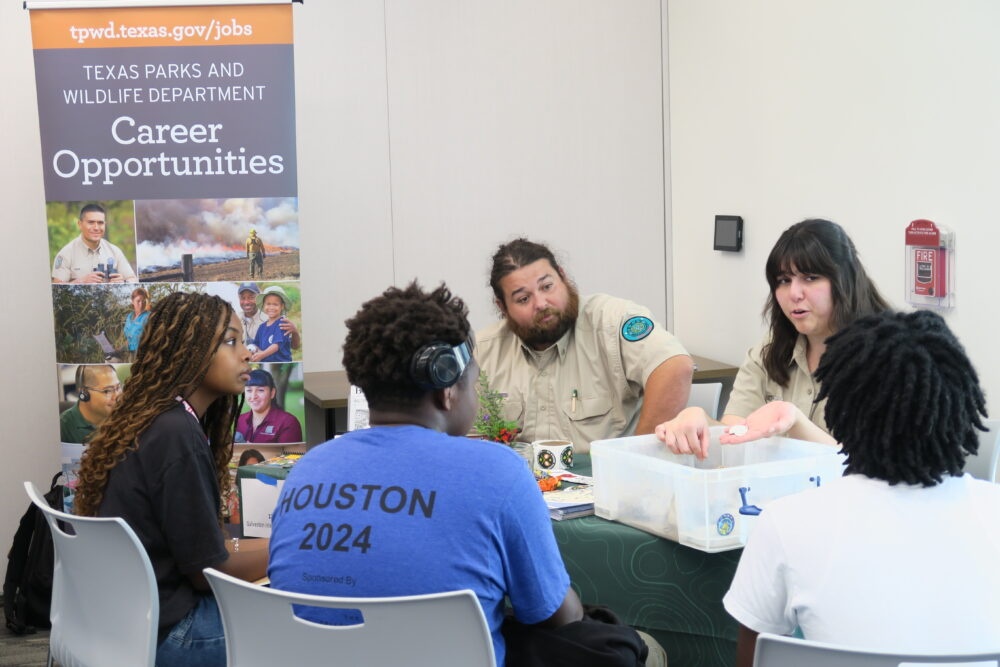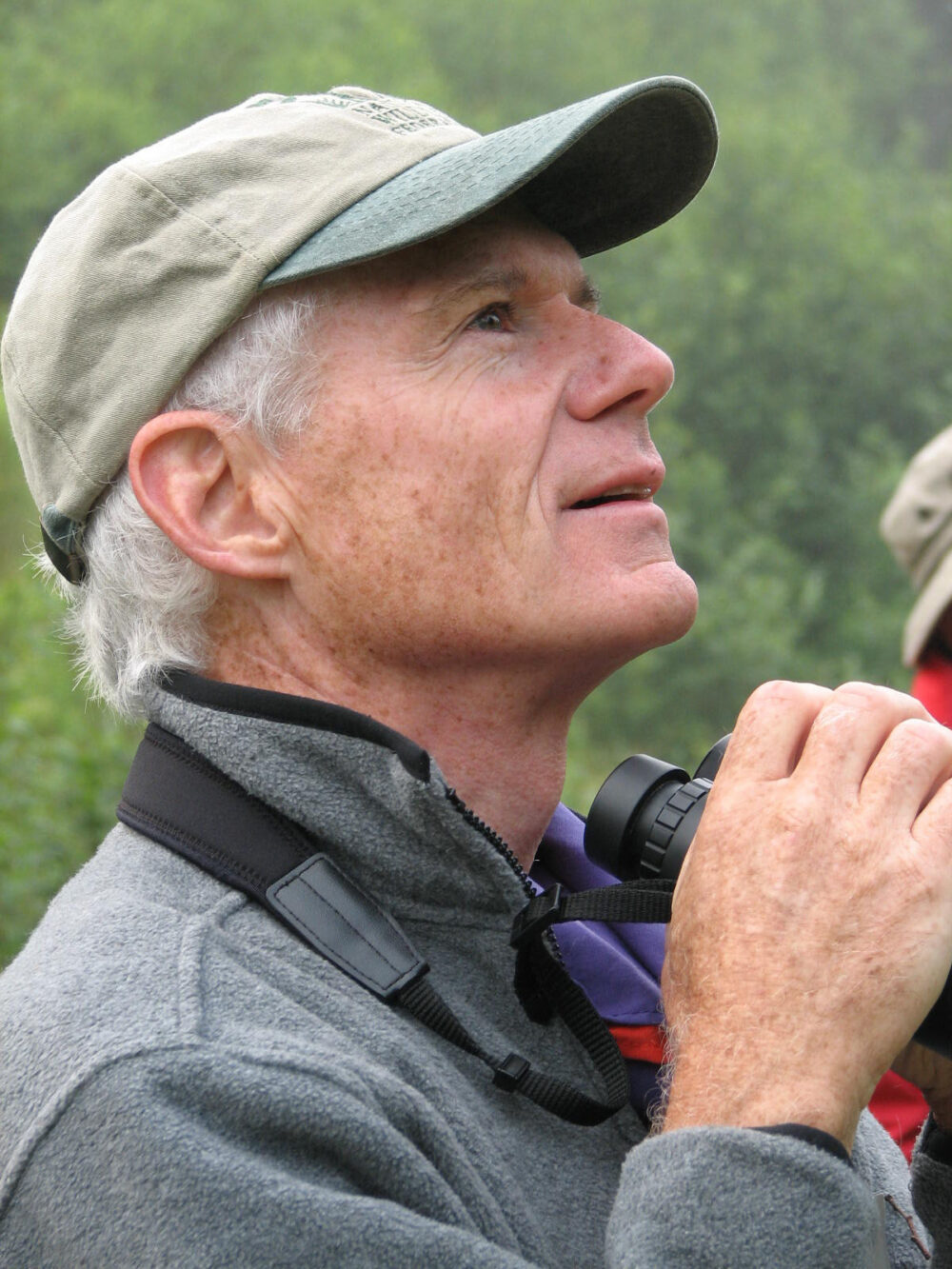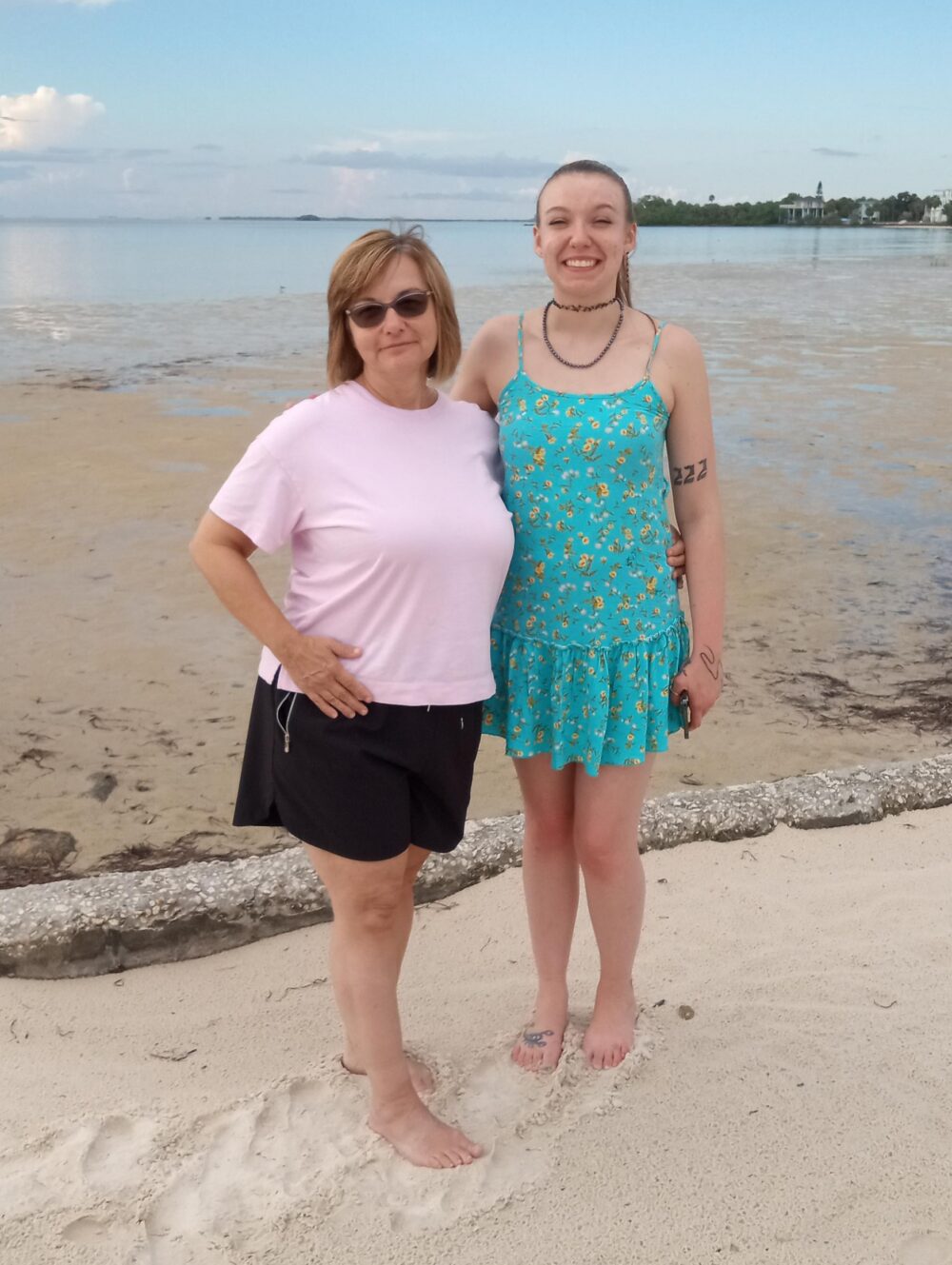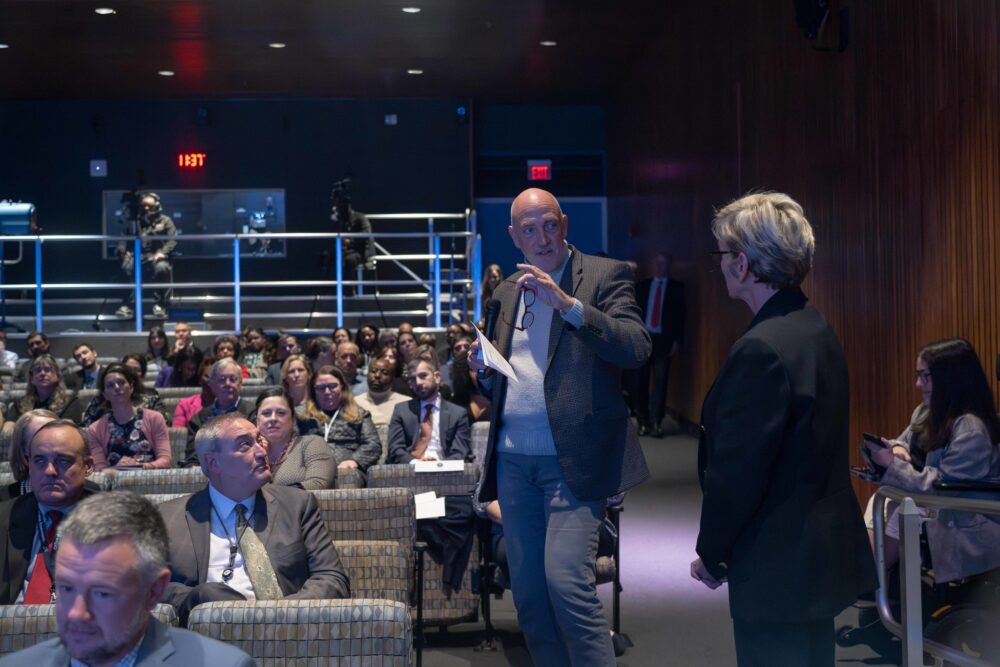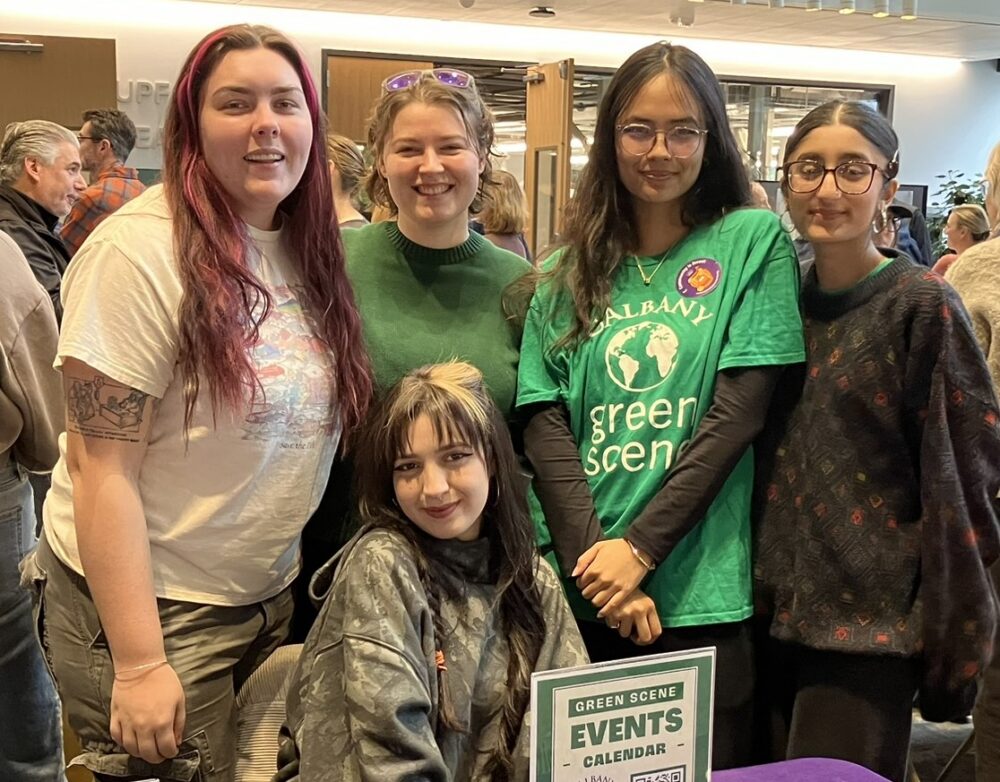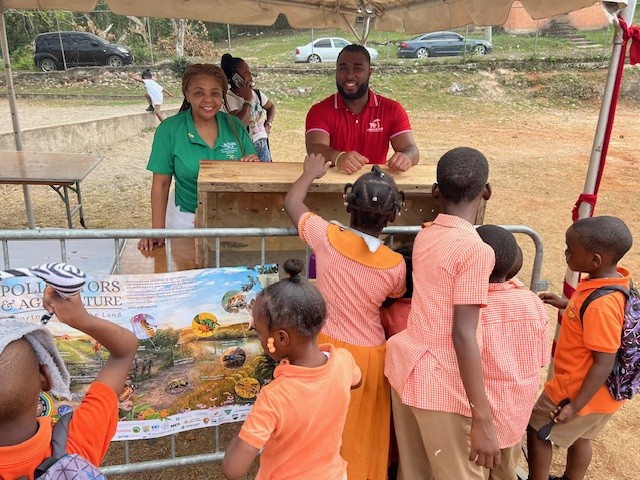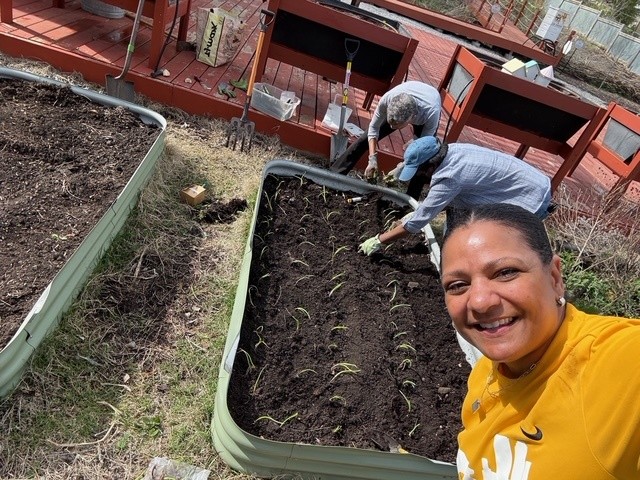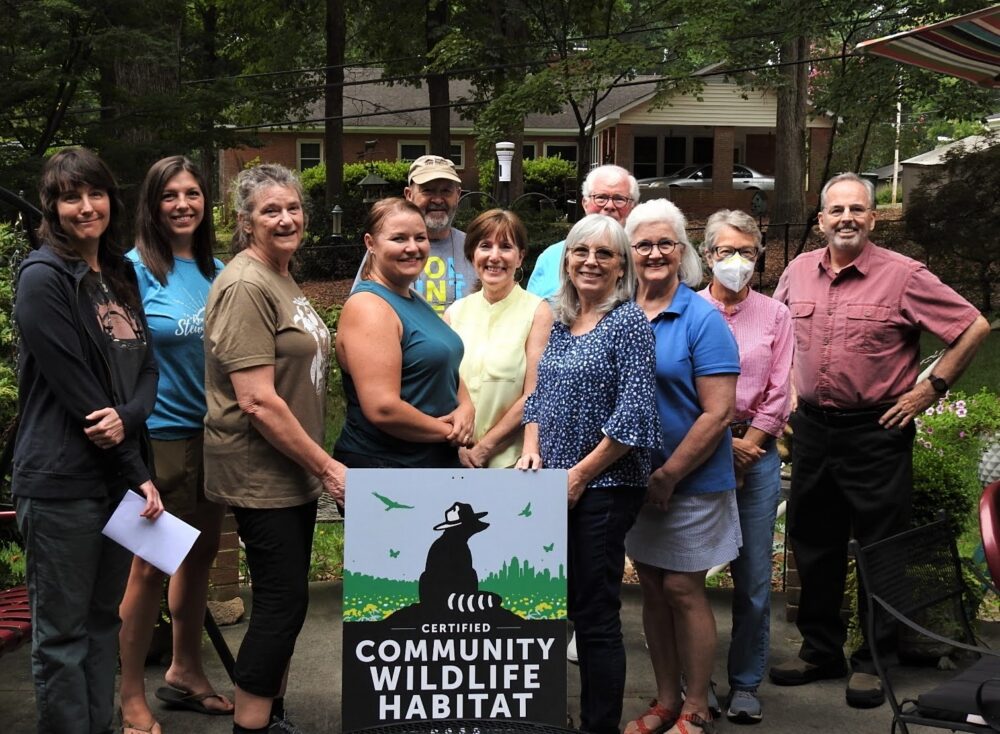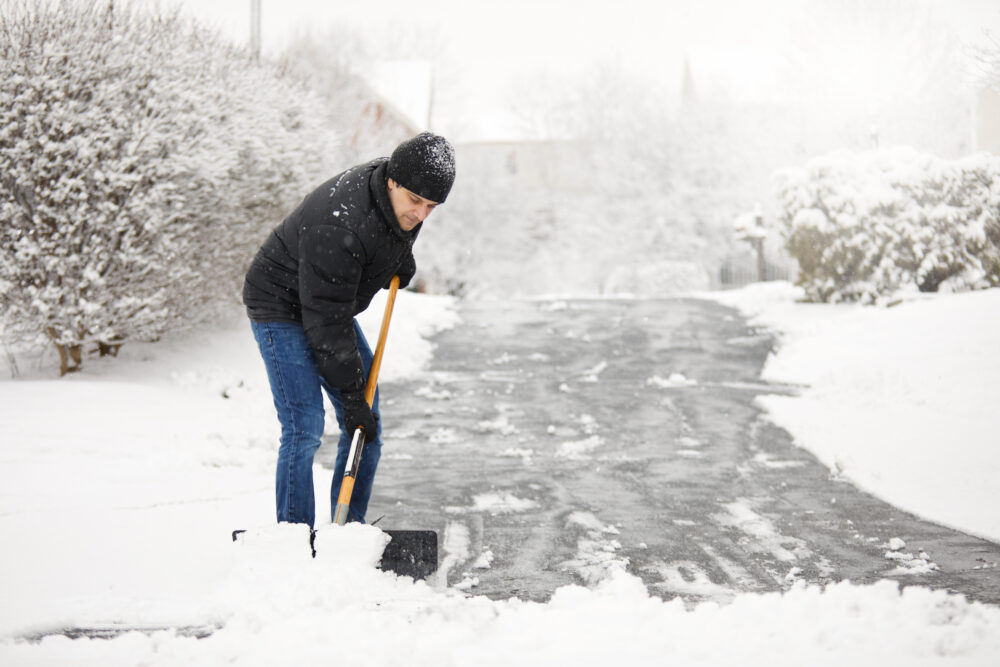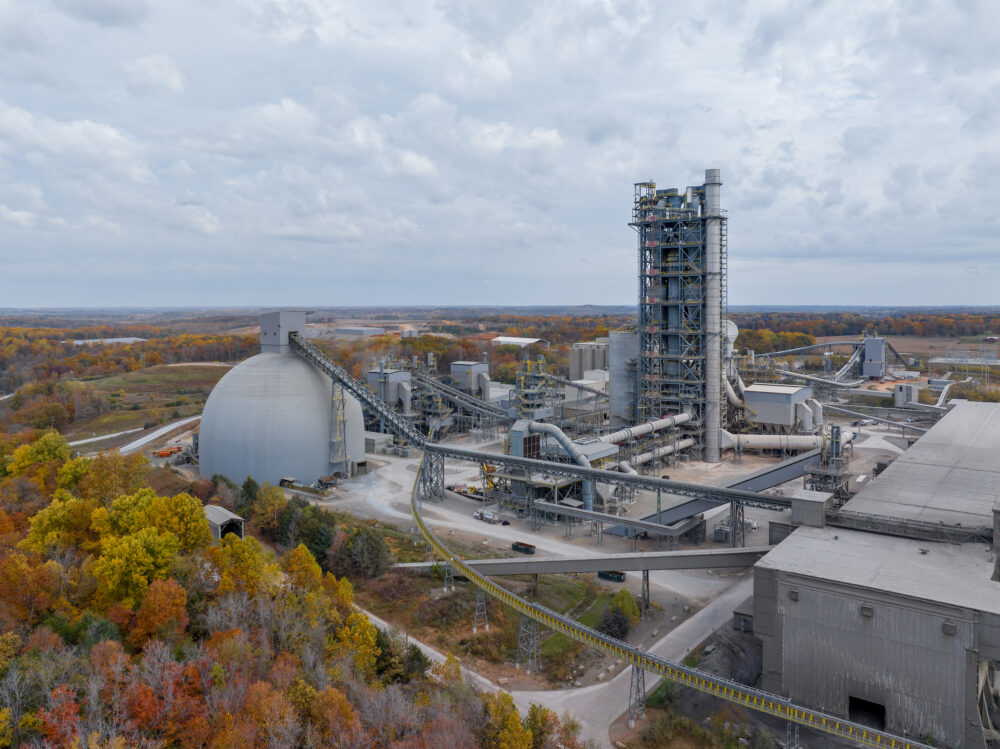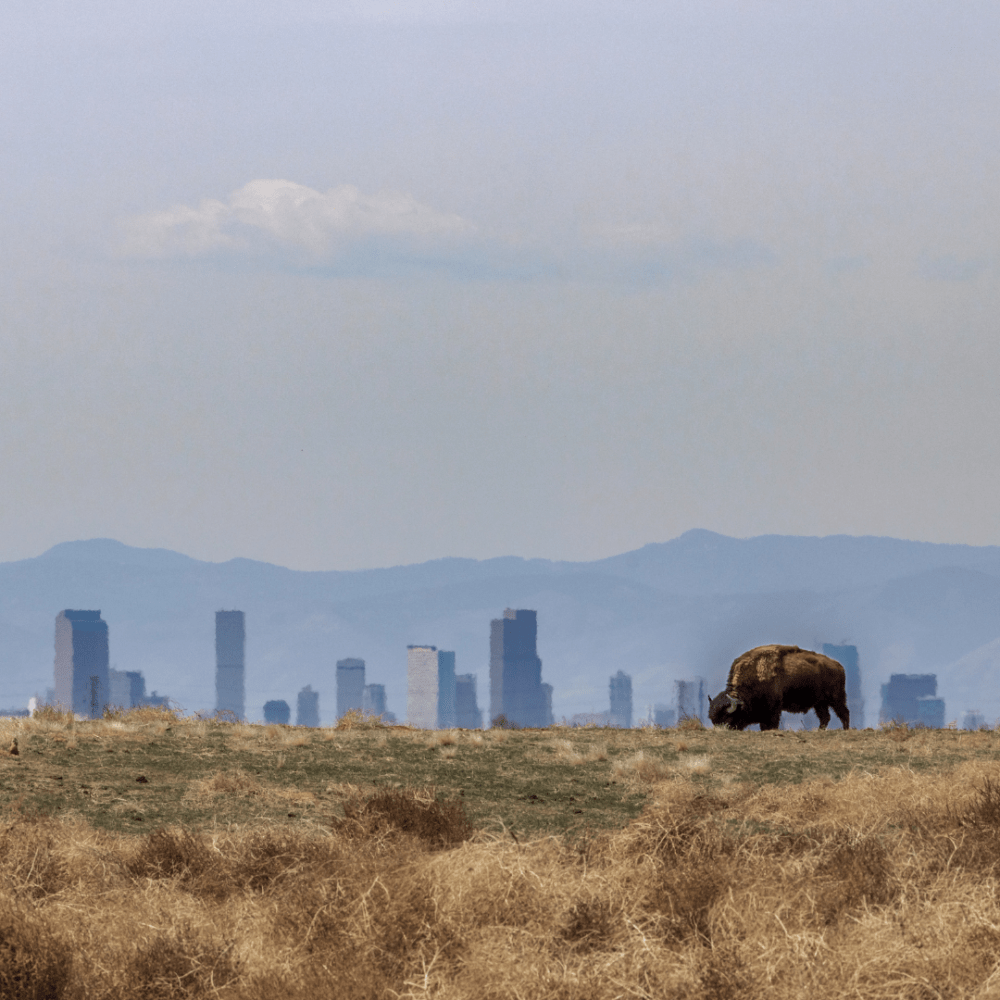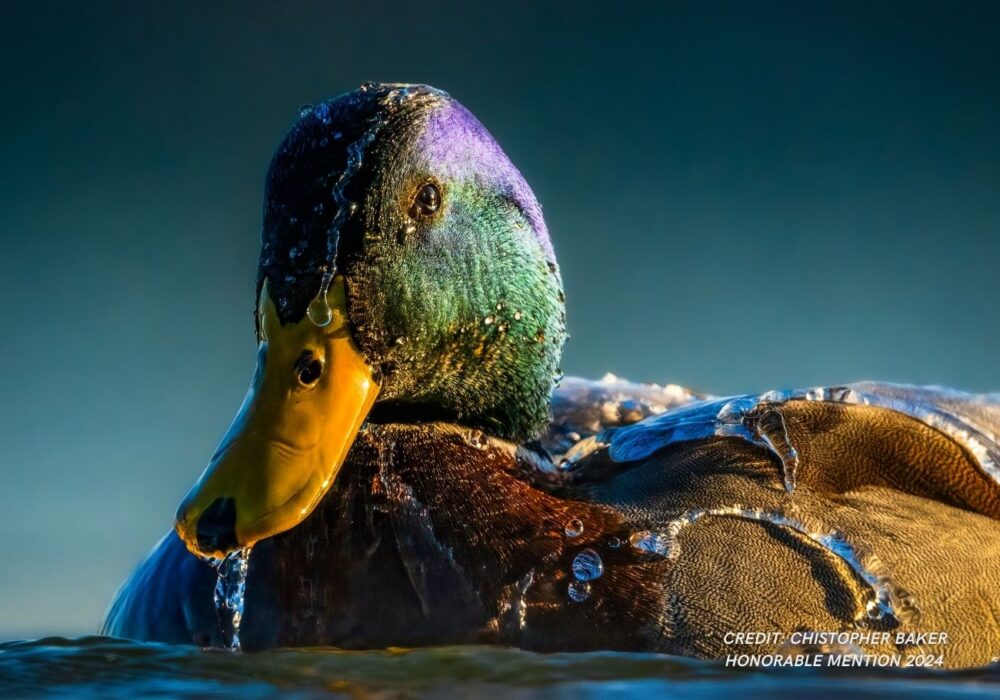We have much more to do and your continued support is needed now more than ever.
National Wildlife Week: Atlanta Partnership Comes Together for Pollinators
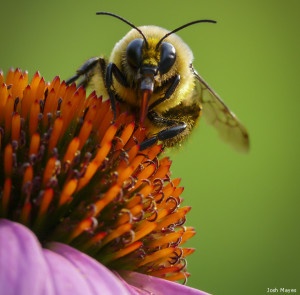
The goals of the GAPP are to encourage restoration and development of pollinator habitat at a landscape scale that is ecologically significant, which allows the project to focus on an area within a 25-mile radius around downtown Atlanta. If you think 25 miles is a small area, think again: this area offers nearly 1.2 million acres of potential pollinator habitat and includes all major public lands in metropolitan Atlanta and thousands of individual residences.
Key components of the GAPP include using native species when available, rescuing native plants from construction sites, controlling invasive species, establishing community gardens, citizen science projects, conservation, education and research. Following these steps helps create garden and green spaces with a real purpose: conserving pollinators.
Related: Tips for Attracting Butterflies to Your Own Garden
Truly Living Well Center for Natural Urban Agriculture certainly gardens with a purpose. At their Wheat Street garden, a 4-acre green oasis and organic urban farm with pollinator plots surrounded by a sea of concrete, the American bumble bee, an uncommon and declining species, makes its home. If you plant it, they will come.
Key partners in this project include Atlanta Botanical Garden, Captain Planet Foundation, Georgia Highlands College, Georgia State University, National Wildlife Federation, and the USDA Forest Service.
In the Atlanta areas? Learn more or to register your garden and become part of this amazing urban conservation effort at http://gapp.org/.
Atlanta was recently named one of the Top 10 Cities for Wildlife as part of the National Wildlife Week 2015 Celebration. Did your city make the grade?


